

Philippines
2025
Unlocking finance for a new era of inclusive growth

August 28, 2025

Marco Polo Ortigas Manila
Philippines

Philippines

August 28, 2025

Marco Polo Ortigas Manila

PHP4,000 (Regular), PHP6,600 (3 tickets package)

To enquire about alternative payment options or to purchase tickets in bulk, please email partners@eco-business.com
Register for tickets
Synopsis
The Philippines has embarked on a transformative journey towards inclusive growth and poverty eradication, as intended by the country’s AmBisyon Natin 2040 vision. The economy is well-positioned to meet its long-term sustainable development goals, with GDP growth projected to exceed 6 per cent in 2025, spurred by the expansion of service, manufacturing, and infrastructure sectors.
The country faces significant challenges, however, being highly vulnerable to climate change, natural disasters and increasing income inequality. To minimise economic disruption and achieve inclusive growth, the country urgently needs to implement robust policy initiatives and substantial investments to strengthen community resilienceagainst these threats.
At the same time, the country’s growth journey offers significant opportunity for the private sector in accelerating its energy transition to a cleaner economy, investing into green infrastructure and improving the digital literacy of its citizens.
The Philippines has been responding by working with multilateral development banks to enhance disaster resilience, strengthen emissions reduction and carbon trading capabilities through its Nationally Determined Contribution, establishing clear taxonomies and scaling up innovative sustainable finance solutions.
Amid ongoing funding deficits and geopolitical uncertainties, how can policymakers and business leaders most effectively support the country’s AmBisyon Natin 2040 vision? What role will the Philippines play in the regional economic vision for Asean? Join us for Unlocking capital for sustainability Philippines as we convene key decision makers to discuss the way forward for the Philippines and strategies for achieving its ambitious targets.
To enquire about alternative payment options or to purchase tickets in bulk, please email partners@eco-business.com
Key Speakers
Speakers
Angelo Kairos dela Cruz
Executive Director, Institute for Climate and Sustainable Cities (ICSC)
dela Cruz
Speaking on:


Ellen Joyce Suficiencia
Director of the Sustainability Office, Bangko Sentral ng Pilipinas
Suficiencia
Speaking on:


Wilson John Barbon
Country Executive Director, Conservation International Philippines
Barbon
Speaking on:


Rose Josol
Senior Director, Climate Change and Sustainability Services, SGV & Co. (EY Philippines)
Josol
Speaking on:


Dr. Alfredo Mahar Francisco Lagmay
Executive Director, UP Resilience Institute (UPRI)
Lagmay
Speaking on:


Michelle Alarcon
Co-Founder and President, Analytics and AI Association of the Philippines (AAP)
Alarcon
Speaking on:


Jessica Cheam
Founder and CEO, Eco-Business; Independent Director, Wilmar International and ComfortDelGro Group, MSID, ICDM
Cheam
Speaking on:


Avril De Torres
Deputy Executive Director, Center for Energy, Ecology, and Development (CEED)
De Torres
Speaking on:


Rachel Esther Gumtang-Remalante
Director of the Corporate Governance and Finance Department, Securities and Exchange Commission, Philippines
Gumtang-Remalante
Speaking on:
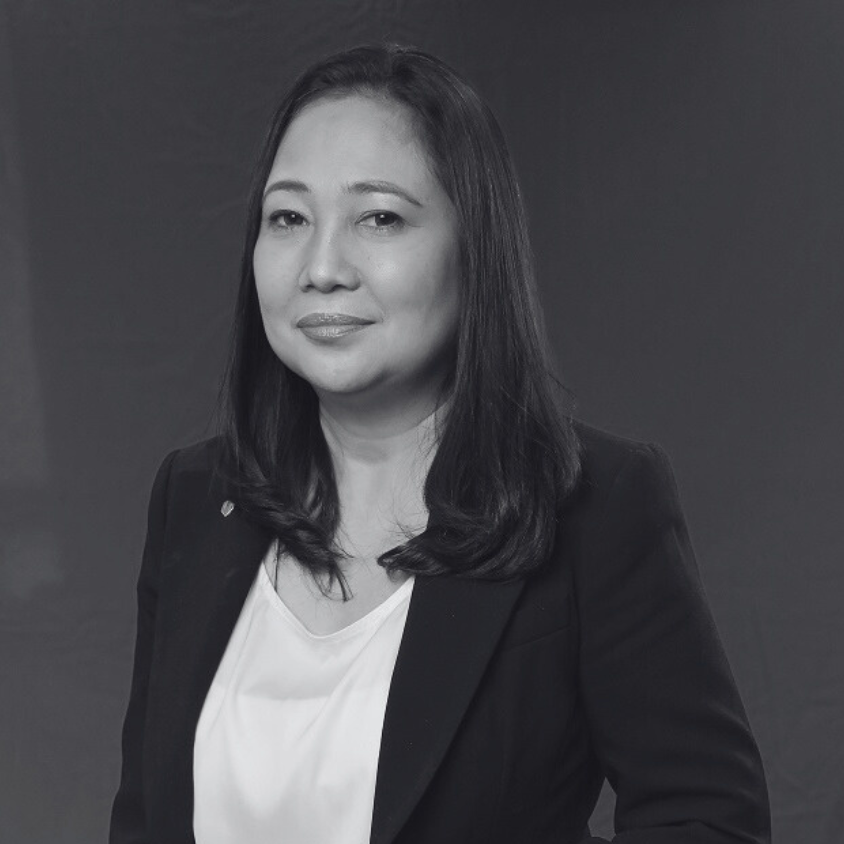

Pulkit Abrol
Director for Asia Pacific, Association of Chartered Certified Accountants (ACCA)
Abrol
Speaking on:
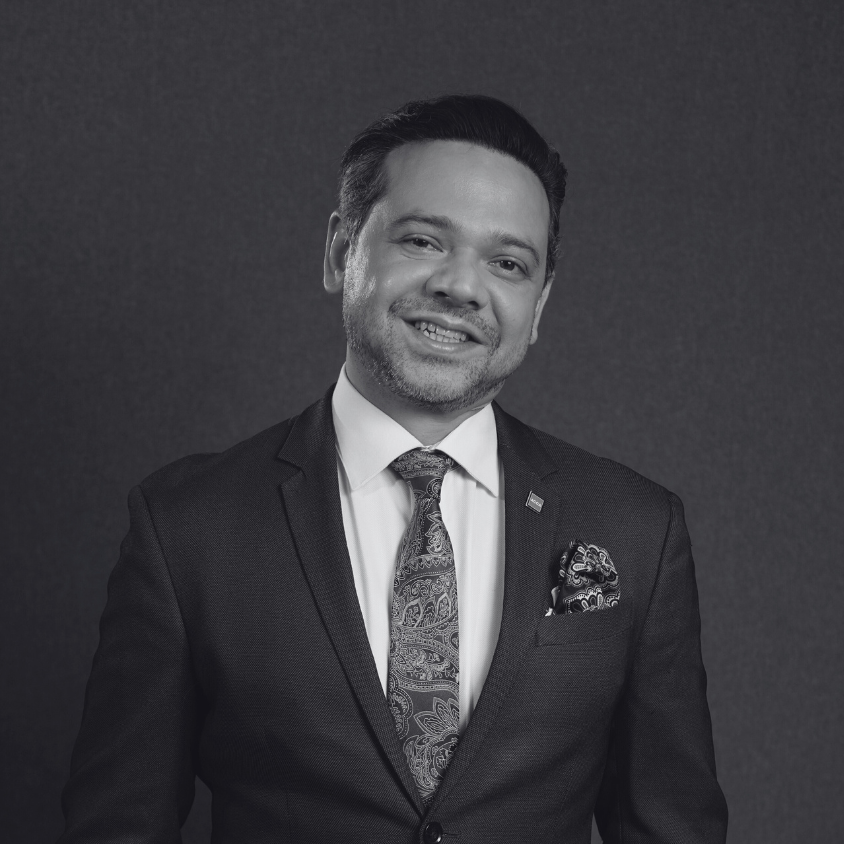

Dr. Nicole Kranz
Climate Action and Disaster Resilience Cluster Coordinator, GIZ Office Manila
Kranz
Speaking on:


Dr. Annabelle Sinlao
Assistant Professor, Manila Central University College of Medicine
Sinlao
Speaking on:


Dr. Noralene Uy
Assistant Secretary for Policy, Planning, International Affairs and Climate Change, Department of Environment and Natural Resources (DENR)
Uy
Speaking on:
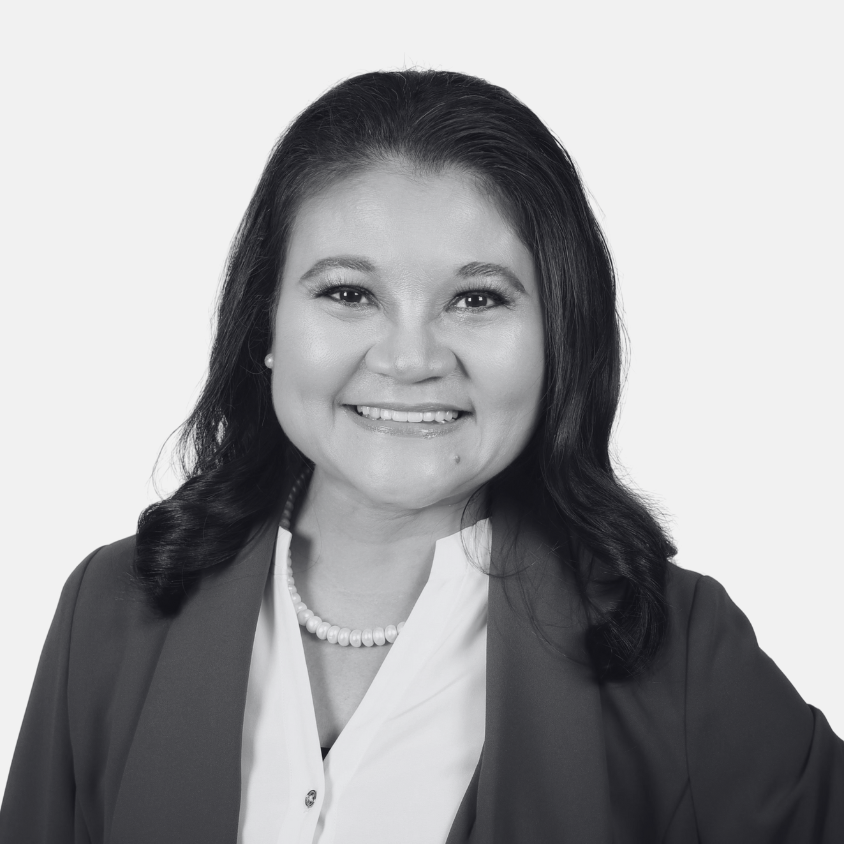

Marla Garin-Alvarez
First Vice President & Head, Sustainability Office, Compliance Group, BDO Unibank
Garin-Alvarez
Speaking on:


Atty Federico Tancongco
Senior Vice President and Chief Compliance Officer, Head of Compliance and Legal Department, BDO Unibank
Tancongco
Speaking on:


Atty. Angela Consuelo Ibay
Head, Climate Change and Energy Programme, World Wide Fund for Nature (WWF) Philippines
Ibay
Speaking on:
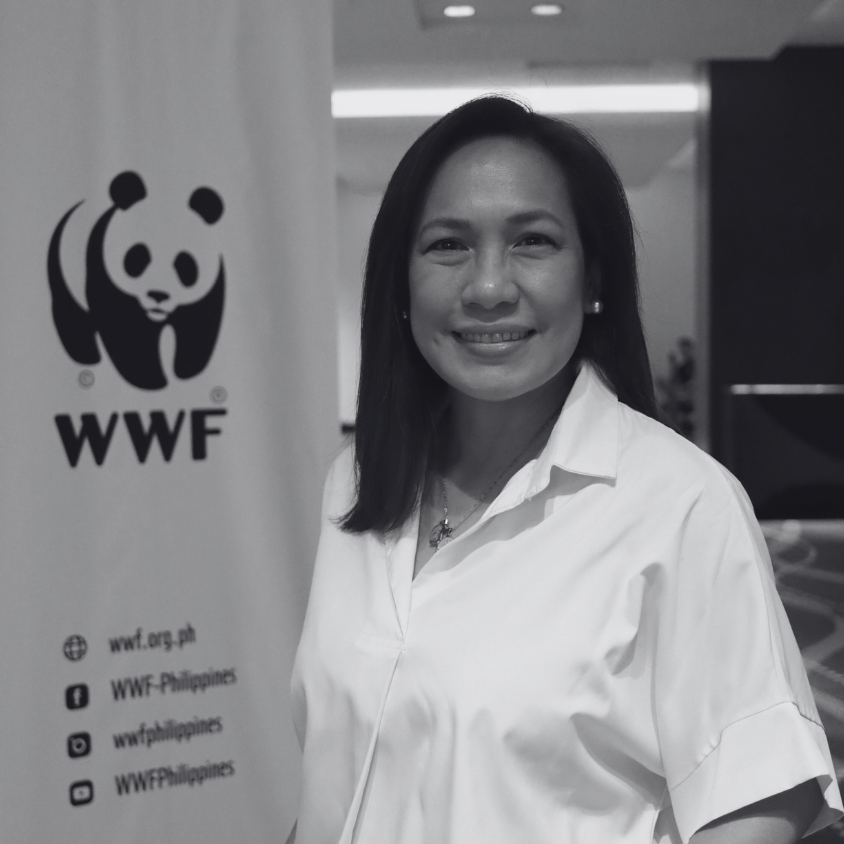

Mariglo Rosaida Laririt
Assistant Director, Department of Environment and Natural Resources - Biodiversity Management Bureau (DENR-BMB)
Laririt
Speaking on:
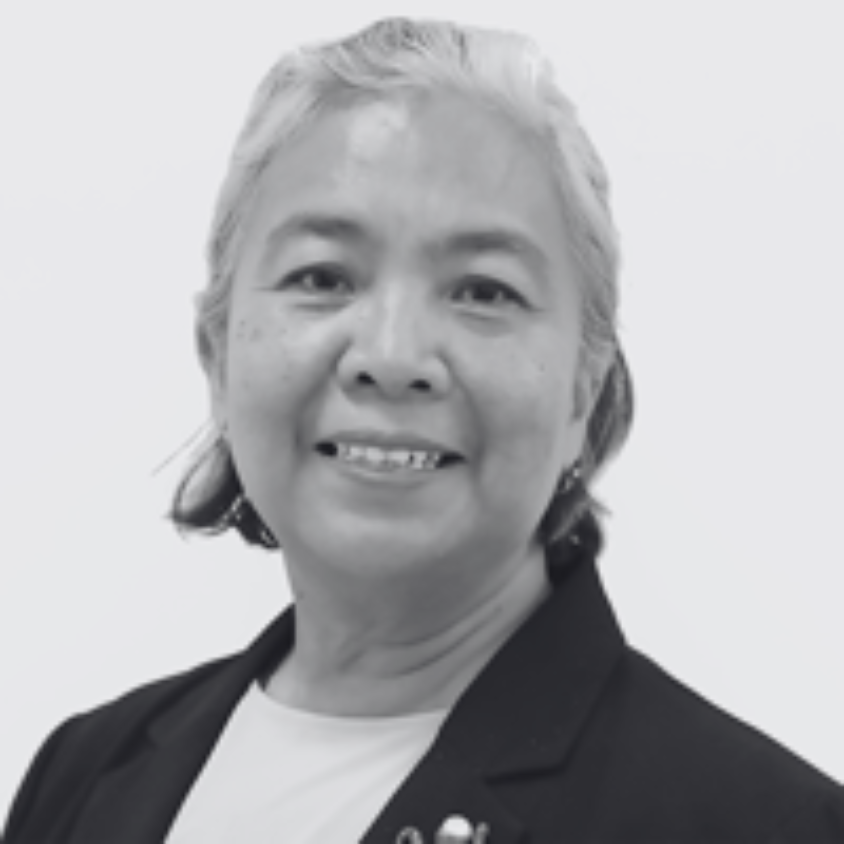

Agenda
9:15
Opening remarks
9:30
Keynote address – The role of finance in sustainable development
9:45
Opening plenary – Unlocking finance for a new era of inclusive growth
Finance plays a crucial role in Asean’s transition to sustainability, driving decarbonisation and climate resiliency while spurring economic growth. Yet, shifting national commitments, geopolitical tensions and weakening global alliances are limiting access to sustainable finance, with Asia alone facing an annual finance gap of over US$800 billion.
The Philippines is especially vulnerable to this funding gap due to its reliance on multilateral finance and foreign direct investments. Structural challenges – from a fragmented regulatory landscape to pervasive data gaps – further heighten risk aversion among investors.
Despite these challenges, the country has adopted a whole-of-government approach to mainstream sustainable finance, including efforts to scale up green bonds, integrating sustainability into macroeconomic policies and developing a robust taxonomy to bridge data gaps and spur investment.
Translating these high-level policies into measurable outcomes will be critical for the country, especially as it prepares to take over as Asean chair next year.
This plenary will convene key stakeholders across the Philippines’ financial ecosystem to discuss actions that will catalyse finance at scale and accelerate investment into sustainability-driven national projects.
Speakers
10:45
Plenary 2 – Inclusive AI: Artificial intelligence, technology and sustainability
Across Asia, artificial intelligence (AI) is being deployed to decarbonise energy grids and address climate challenges – from optimising industrial efficiency to enhancing disaster forecasting through data analytics.
For the Philippines, AI offers myriad opportunities: accelerating the transition to a low-carbon economy and mitigating the devastating impacts of typhoons and floods, which disproportionately affect vulnerable communities.
Yet AI’s inherent environmental and social costs cannot be ignored. The technology’s rapid growth risks driving ever higher emissions if powered by non-renewables, while automation threatens millions of livelihoods through job displacement. Balancing these trade-offs is critical to ensuring AI-driven solutions deliver equitable benefits for all.
This plenary session brings together industry leaders and experts to shape the legal frameworks, financing mechanisms and policy levers needed to harness AI for sustainable development.
11:45
Presentation – Sustainability reporting in ASEAN: from momentum to alignment
ACCA’s latest report explores Asean’s fast-evolving sustainability reporting landscape, highlighting growing alignment with ISSB standards. It outlines where progress is taking shape, key implementation challenges and the role of accountants in driving change. With insights from across the region, the report offers a forward-looking view of the region’s path toward high-quality, consistent sustainability disclosures.
13:15
Keynote address by guest-of-honour
13:30
Special fireside chat – Unlocking the blue and green carbon economy
As an archipelagic nation rich in mangroves, seagrasses and forests, the Philippines holds immense potential to lead Southeast Asia's blue and green carbon economy.
These natural ecosystems not only sequester carbon at scale but also bolster coastal resilience and biodiversity – critical for a climate-vulnerable nation.
BDO Unibank, the Philippines’ largest bank became the first local lender to issue a blue bond aimed at tackling ocean pollution and preserving clean water in a country beset by marine pollution. Banking peer, BPI, has announced similar intentions. Blue bonds are poised to become a critical financing tool for underserved and sustainable water and ocean-related projects.
Demand is also growing for green bonds as local banks increase issuances to fund renewable energy, green buildings, clean transportation and pollution reduction among other initiatives.
However, unlocking the full potential of the green and blue carbon economies requires targeted regulation, innovative financing and effective cross-sector collaboration.
This fireside chat will explore the role of government and financial institutions in balancing conservation with sustainable development goals, from carbon credit verification frameworks to the risks and opportunities for private-sector investment in nature-based solutions.
Speakers
14:10
Plenary discussion – De-polarising carbon markets: A necessary tool for decarbonisation? Or undermining genuine reductions?
Carbon markets have emerged as a critical yet contentious mechanism in the fight against climate change. Advocates emphasise that emissions need to be regulated and carbon markets enable large-scale investments into emission reductions and clean energy projects, offering a flexible, cost-effective path to net zero.
Critics, however, warn of greenwashing risks where carbon offsetting might replace genuine emissions reduction. Concerns have also been raised on the integrity of carbon credits, particularly in unregulated voluntary markets.
For developing economies like the Philippines, carbon trading could unlock vital climate finance and incentivise low-carbon transitions. Yet challenges such as weak governance, opaque pricing and social equity concerns persist. Without robust safeguards, markets may inadvertently enable continued pollution while distracting from concrete efforts to decarbonise.
This plenary discussion convenes leading experts in their fields to tackle burning questions – what risks and opportunities arise from the implementation of Article 6.2 and 6.4 of the Paris Agreement? How will the proposed Asean Common Carbon Framework impact the region?
Speakers
15:00
Plenary 3 – The nexus between climate and health
Rising temperatures, extreme weather and environmental degradation are intensifying health risks – from heat-related illnesses and vector-borne diseases to malnutrition and worsening mental health. Vulnerable communities, particularly in climate-exposed regions like the Philippines, bear the brunt of these impacts.
Climate action offers a vital opportunity to bolster both planetary and human health. Cleaner air, nature-based solutions and climate adaptation initiatives not only reduce emissions but also improves the quality of life for citizens.
The key challenge is ensuring that health and climate strategies are being integrated at the policy level, with the engagement of the private sector and financial institutions to drive innovation and measurable outcomes.
This plenary session convenes health experts, policymakers and climate leaders to explore critical questions – how can nations effectively integrate health into climate adaptation and mitigation strategies? And what policies and investments are needed to for the climate-health nexus to drive equitable development?
Speakers
16:00
Closing plenary – Climate equity: Inclusive pathways for a just transition
As climate change accelerates, it is exacerbating global inequalities, disproportionately affecting marginalised and low-income communities—posing both social and economic risks.
Persistent income disparities, disruptions to livelihoods and uneven access to finance risk entrenching inequality – unless businesses and policymakers implement targeted, coordinated strategies that drive inclusive economic transformation.
In the Philippines, where nearly 20 per cent of the population lives below the poverty line but contributes minimally to global emissions, the low-carbon transition must prioritise social justice, equality and inclusive economic growth.
Businesses and investors must recognise that vulnerable sectors—from agriculture to informal economies—face significant risks of exclusion without targeted investment in financing mechanisms and workforce reskilling programs. The volatile geopolitical landscape and bureaucratic complexities could further delay access to critical funds, impacting communities already hard-hit by climate events.
This closing plenary will explore practical ways to expand access to sustainable finance, create fair policies and position social equity at the heart of climate action.
Speakers
17:00
Closing keynote address
17:15
Partners
In partnership with
Supporting partner

Visit website
Association of Chartered Certified Accountants (ACCA)
We are ACCA (the Association of Chartered Certified Accountants), a globally recognised professional accountancy body providing qualifications and advancing standards in accountancy worldwide. Founded in 1904 to widen access to the accountancy profession, we’ve long championed inclusion and today proudly support a diverse community of over 252,500 members and 526,000 future members in 180 countries.
Find out more
Outreach partner

Visit website
Asia Investor Group on Climate Change (AIGCC)
Asia Investor Group on Climate Change (AIGCC) is an initiative to create awareness and encourage action among Asia’s asset owners and asset managers about the risks and opportunities associated with climate change and low-carbon investing.
Find out more
.png)
Visit website
Global Green Growth Institute (GGGI)
The Global Green Growth Institute (GGGI) was founded as a treaty-based international, inter-governmental organization in 2012 at the United Nations Conference on Sustainable Development. GGGI supports its Member States in transitioning their economies toward a green growth model that simultaneously achieves poverty reduction, social inclusion, environmental sustainability, and economic growth. With 50 Member States and regional integration organizations in the process of accession, GGGI delivers programs and projects in over 51 countries. These initiatives encompass developing innovative green growth solutions, technical support, capacity building, policy planning & implementation, and assistance in building a pipeline of bankable green investment projects, project financing, investments, and knowledge sharing. GGGI’s work contributes to its Member States’ efforts to fulfill the Sustainable Development Goals and the Nationally Determined Contributions to the Paris Agreement.
Find out more

Visit website
iMPACT
iMPACT is a systemic solution that strives to offer exclusive content from the development sector to our beneficiaries through its various components, which include the iMPACT Magazine, iMPACT portal, Curated Resources, and iMLearning series. Our information Hub designed specifically for individuals in the development sector, provides its users insights on the most recent innovations, best practices, case studies, research and career guidance to young agents of change.
Find out more

Visit website
Philippine Council of Associations and Association Executives (PCAAE)
The Philippine Council of Associations and Association Executives (PCAAE) is the country’s premier membership organization for associations and association professionals, dubbed as the “association of associations.” Founded in 2013, PCAAE advocates for the growth and sustainability of associations as vital partners in national development and provides a platform for professional development, networking, and recognition.
Find out more

Visit website
Asia Pacific Loan Market Association (APLMA)
The Asia Pacific Loan Market Association (APLMA) represents the interests of institutions active in the Asia-Pacific syndicated loan markets. The association’s primary objective is to promote growth, liquidity and best practice in these markets.
Find out more
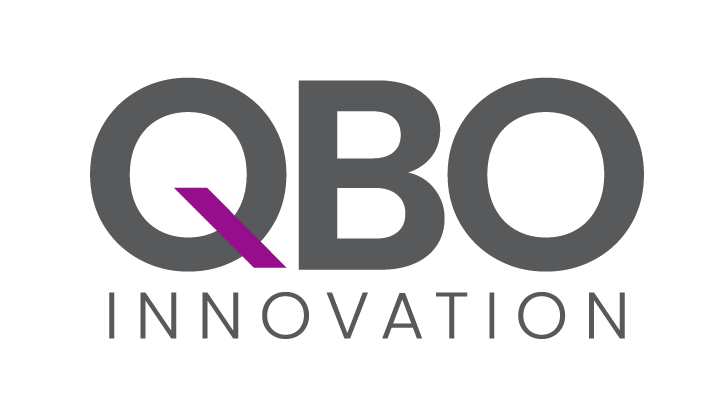
Visit website
QBO Innovation
QBO Innovation is a division of Ideaspace that consults for, and engages with government agencies, academic institutions, international development agencies, and private sector enterprises in driving digital transformation strategies, developing innovation ecosystems, and accelerating technology startup growth. Created in 2016 through a partnership with Ideaspace, J.P. Morgan, the Department of Science and Technology (DOST), and the Department of Trade and Industry (DTI), QBO has been an active player in creating a globally competitive tech startup ecosystem in the Philippines.
Find out more

Visit website
Spanish Chamber of Commerce in the Philippines
La Cámara Oficial Española de Comercio, Industria y Navegación, or the Spanish Chamber of Commerce in the Philippines is one of the oldest Spanish Chambers in the world -- founded following American conquest of Manila at the end of the 19th century. Today, it continues its goal of promoting, developing, protecting, and defending at its highest level, trade relations between Spain and the Philippines under the laws of the Philippines and the business interests of its Members.
Find out more

Visit website
Asia Clean Energy Partners
Asia Clean Energy Partners is an international consultancy that supports the design and scale-up of effective clean energy initiatives. We provide services in the area of market and policy research; program design and support, project coaching and preparation; mobilization of financial resources for climate and clean energy projects; and communications, network development, and convening.
Find out more




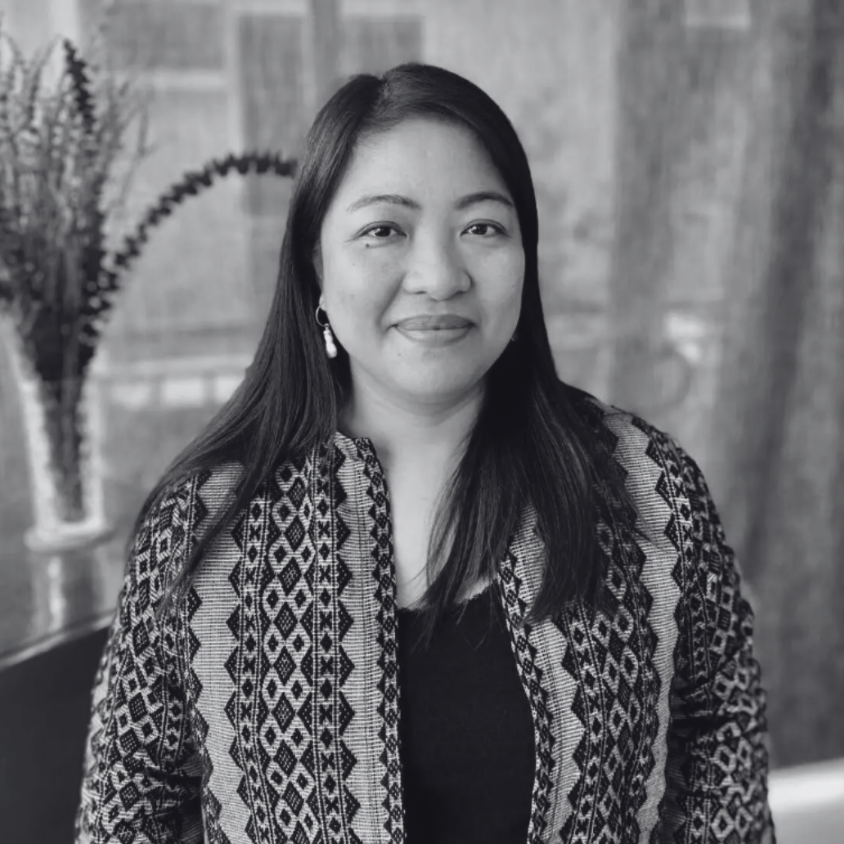







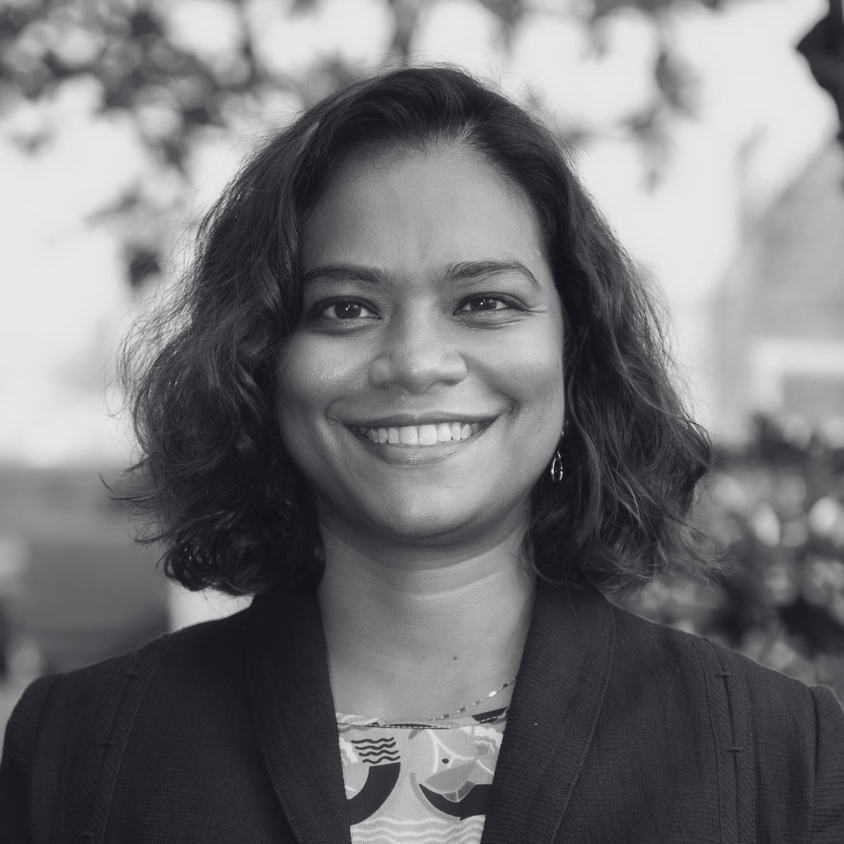



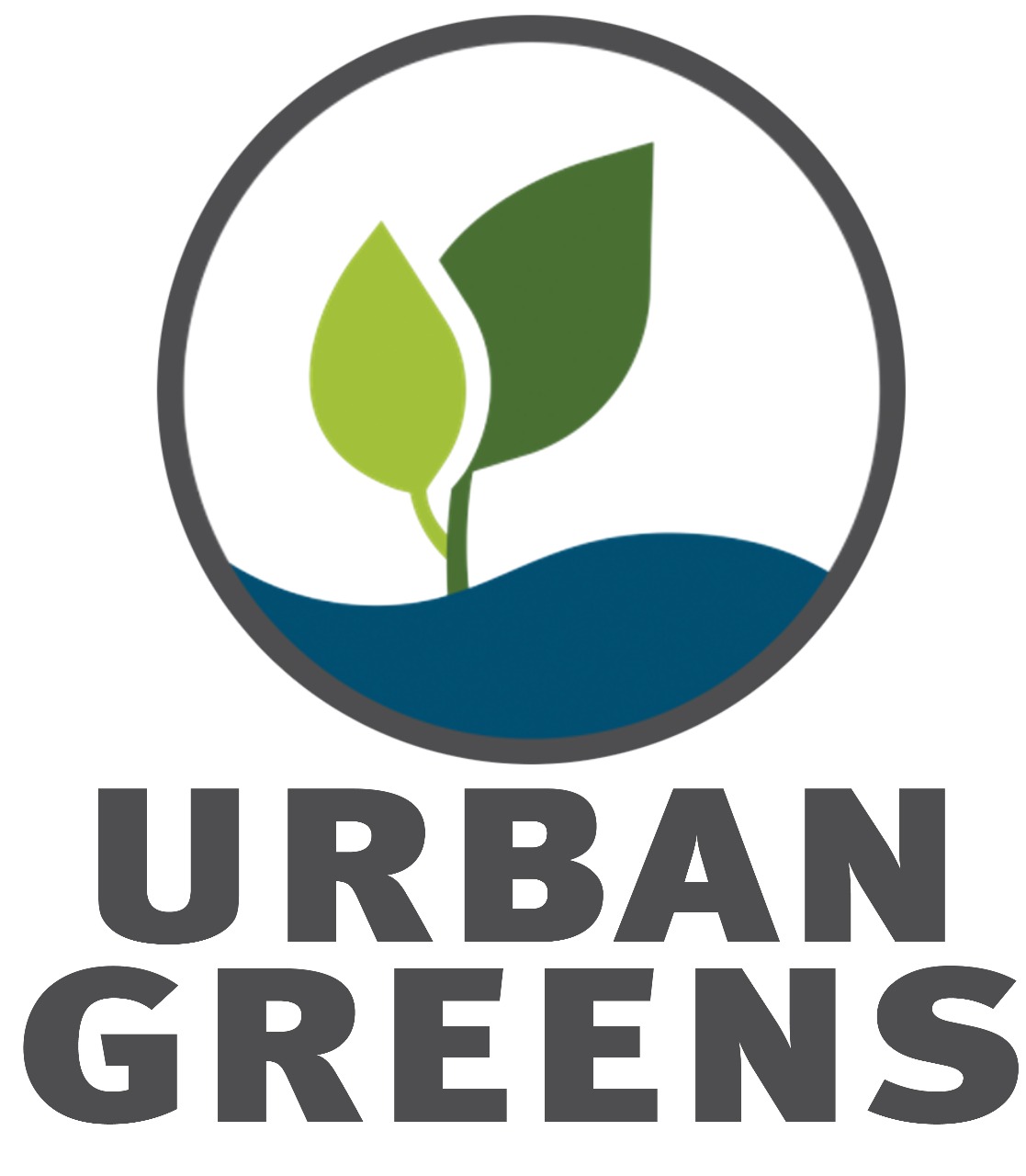


.png)
.png)
.png)
